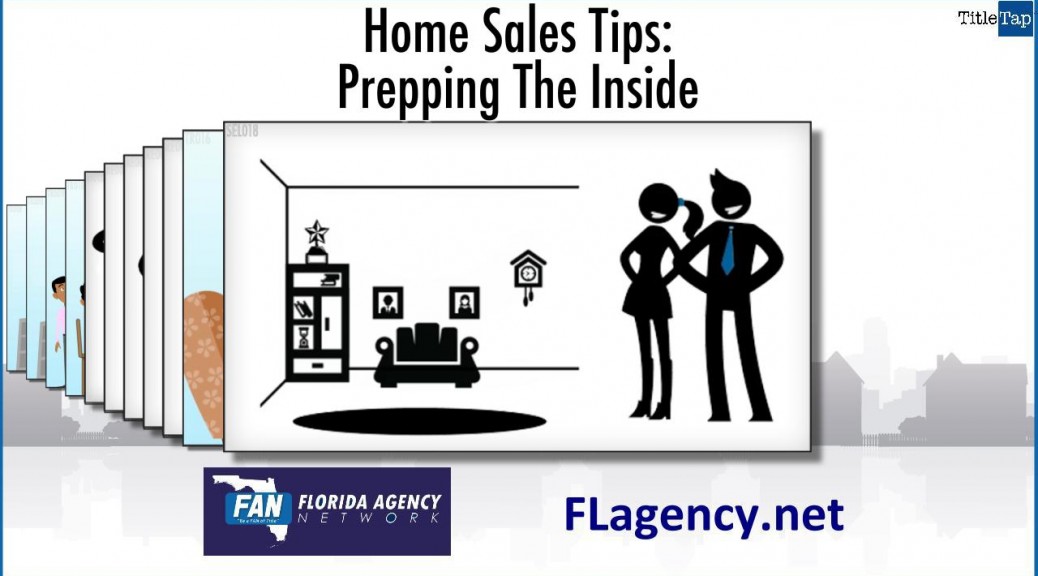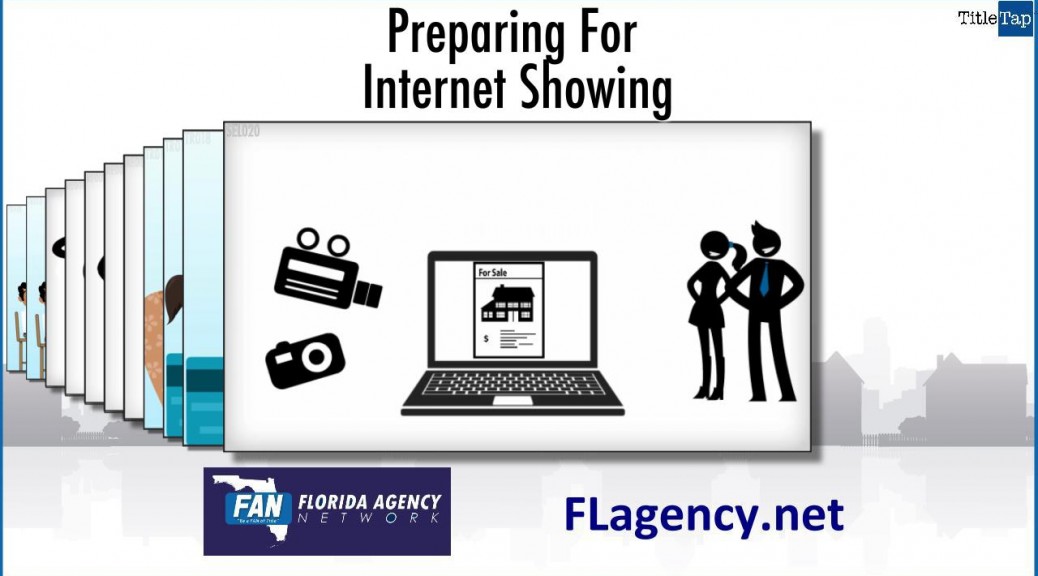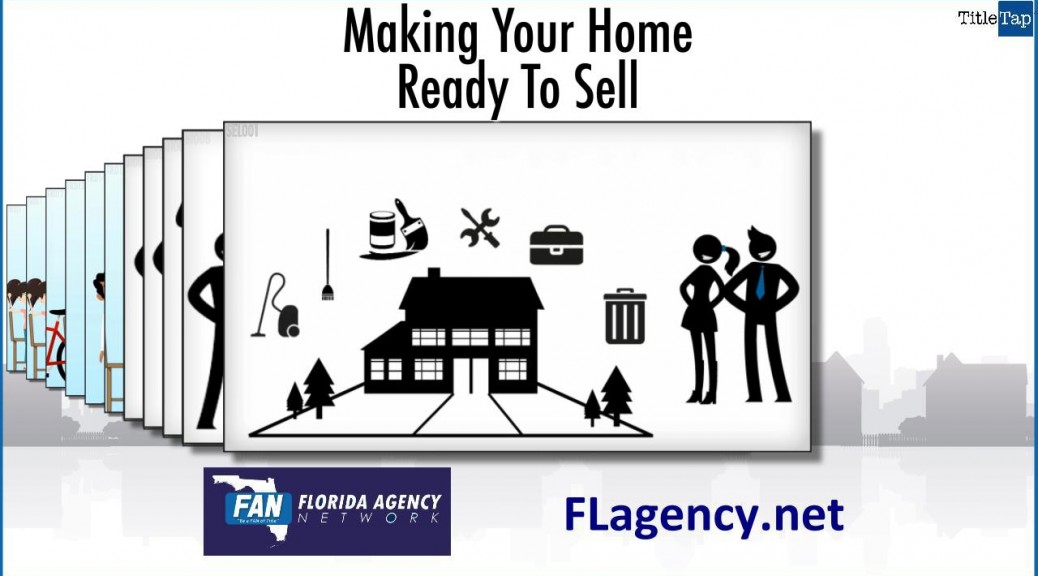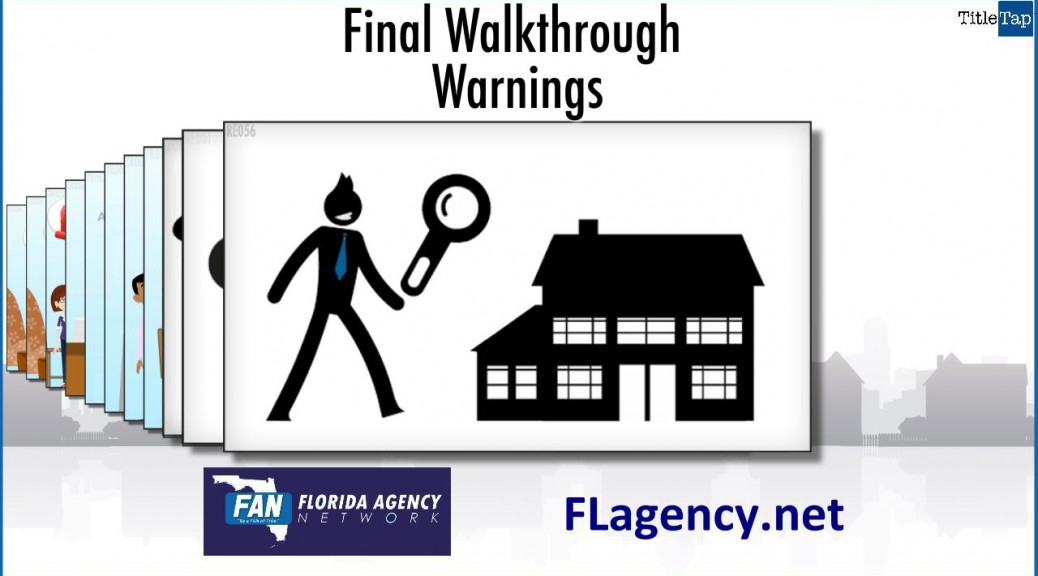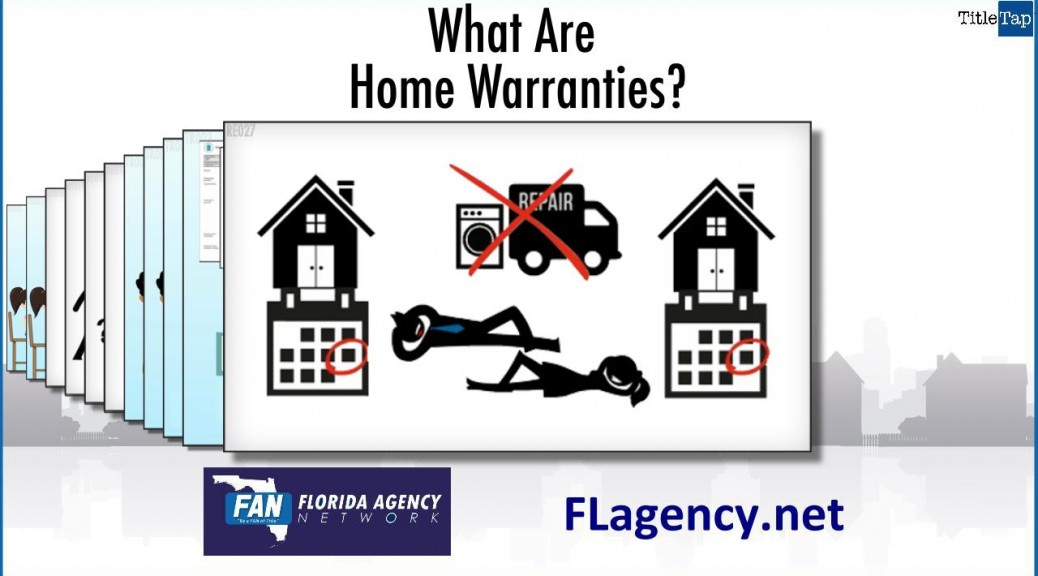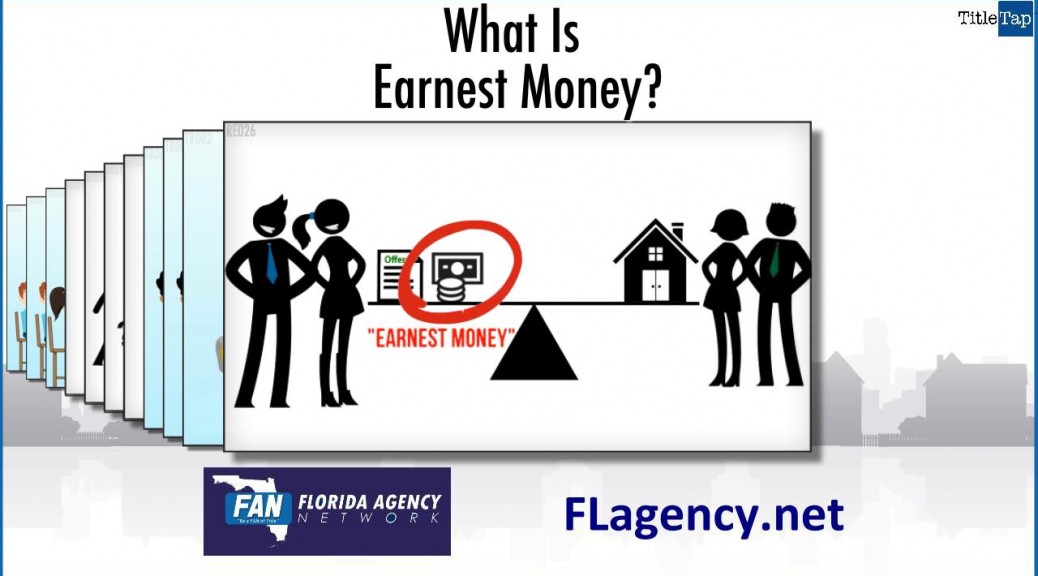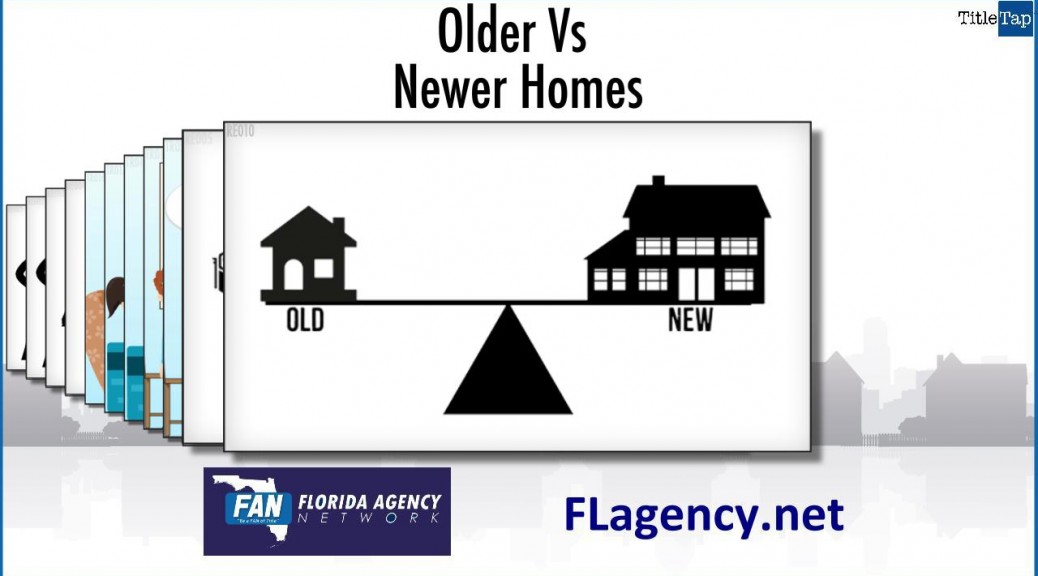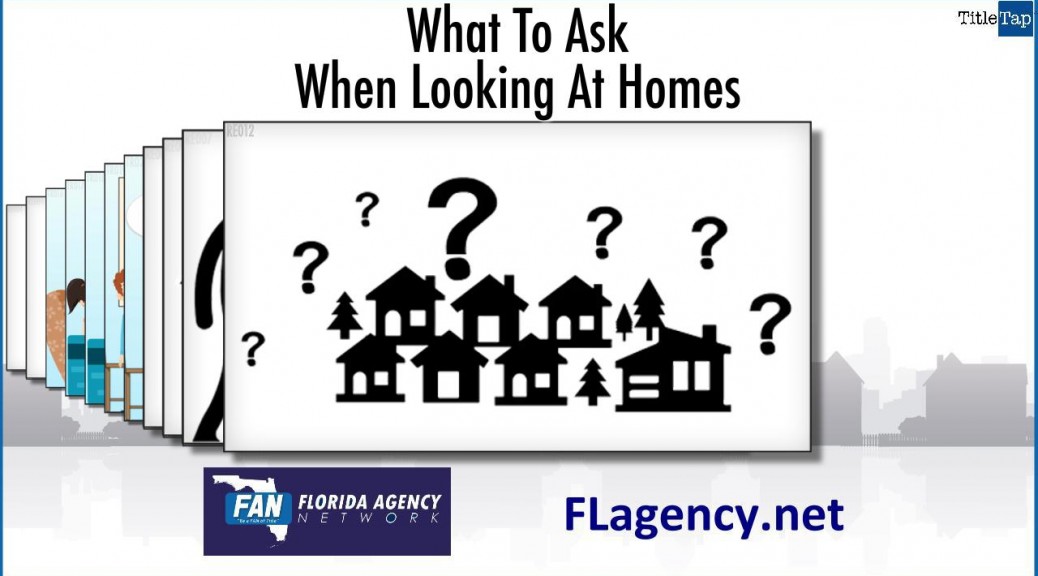http://fwd5.wistia.com/medias/0kxjzj74vf?embedType=iframe&videoFoam=true&videoWidth=640
For many homes and markets, professional help from someone in “staging” makes good financial sense. Like this video say, check your staging options first.
If you are doing it yourself, here are 5 key tips.
One – Depersonalize.
You want the buyer to envision this house being their home?
Remove the things that make it YOUR home – photos, awards, collections, and STUFF.
Two – MOVE the stuff.
It’s tempting to shove things in closets and attics but your prospective buyer will see a much smaller house if those spaces are full.
Move it to a storage space or a friend’s garage.
Three – Warm it up.
Baking bread or cookies
adding fresh flowers
and colorful pillows and throws
are touches used by professional stagers to make a place warm without your stuff.
Four – Light it up!
- Light sells homes.
- Clean windows, inside and out.
- Light bulbs all working and curtains open or even gone.
Five – Go Away.
Don’t hover – leave.
Pack for a day trip and have your realtor tell you when to return
Buyers won’t envision themselves buying if you’re around.
Depersonalize and move stuff out;
Warm it up and light it up.
Then leave and let your realtor do their job.

